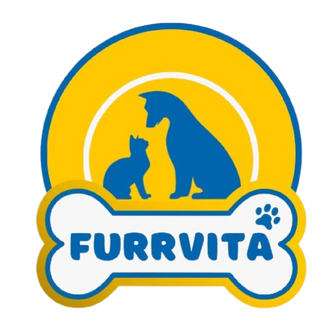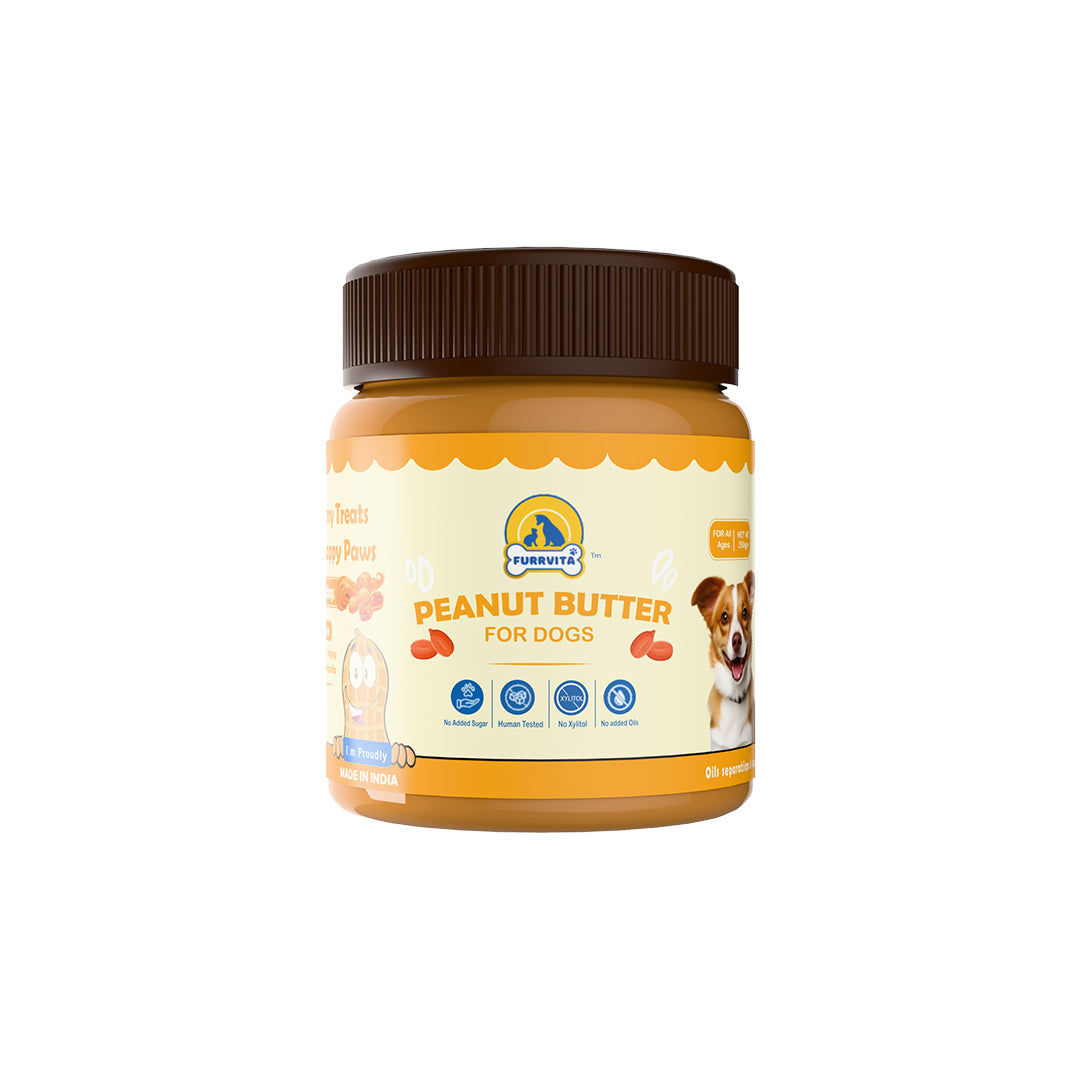As our beloved dogs age, their nutritional needs change. Just like humans, senior dogs require a diet that supports their joints, immunity, digestion, and overall vitality. With the right nutrition, you can help your furry friend stay active, happy, and healthy well into their golden years.
Understanding Senior Dog Nutrition Needs
As dogs grow older, their metabolism slows down, and they may become less active. This means their diet must adapt to maintain a healthy weight and provide all essential nutrients. A well-balanced diet helps prevent age-related health issues and ensures your dog enjoys a comfortable life.
Key Considerations:
- Aging dogs may require fewer calories but higher-quality nutrients.
- Protein becomes essential to maintain muscle mass.
- Certain vitamins and minerals help support bones, joints, and immunity.
Essential Nutrients for Older Dogs
A senior dog’s diet should be carefully balanced to meet their changing needs:
- Protein: Supports muscle maintenance and repair.
- Healthy Fats: Provides energy and supports skin and coat health.
- Carbohydrates: Should be easily digestible for energy.
- Vitamins & Minerals: Strengthen immunity and promote bone health.
- Fiber: Helps with digestion and weight management.
Special Dietary Considerations
Older dogs may face unique health challenges that require attention in their diet:
- Joint Health: Supplements like glucosamine and chondroitin help maintain joint flexibility.
- Heart Health: Omega-3 fatty acids and taurine support cardiovascular function.
- Weight Management: Portion control is critical to prevent obesity.
- Kidney & Liver Support: Low-protein or specially formulated diets may be necessary for dogs with organ issues
Meal Planning and Feeding Tips
Creating a proper meal plan ensures your senior dog receives all essential nutrients:
- Choose high-quality commercial dog food designed for senior dogs.
- Homemade meals can be nutritious if balanced correctly.
- Feed smaller, frequent meals to aid digestion.
- Avoid harmful foods like chocolate, onions, grapes, and processed human food.
Supplements for Aging Dogs
Sometimes diet alone isn’t enough. Supplements can help support your dog’s health:
- Joint Supplements: Glucosamine, chondroitin, and omega-3s.
- Vitamins & Minerals: If recommended by your vet.
- Probiotics: Aid digestion and maintain gut health.
Monitoring Your Dog’s Health
Regular monitoring helps ensure your senior dog thrives:
- Track weight and body condition.
- Watch for signs of nutritional deficiencies (dull coat, low energy, digestive issues).
- Schedule regular vet check-ups to adjust diet and supplements as needed.









